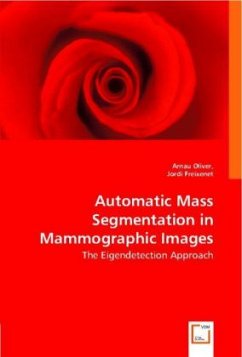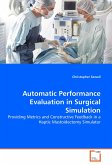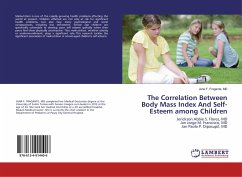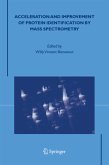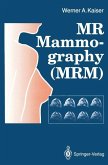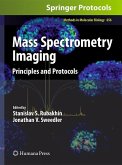This thesis deals with the automatic detection of masses in mammographic images, one of the most common signs of breast cancer. The main objective is the development of a new framework for the detection of masses of any shape, margin, and size. We firstly review qualitative and quantitatively a huge number of proposals for mass segmentation, and we conclude that the existing algorithms not only depend on the mass morphology but also on the breasts density. The framework is divided in two basics steps: firstly, regions of interests are detected in the image using a probabilistic template matching algorithm and, secondly, the detected regions are classified into being false positives or true positives using 2DPCA. Moreover, breast density is naturally incorporated into the whole process by initially classifying the training sets according to breast density. Methods for automatic breast density estimation are also analyzed and proposed. The proposals are exhaustively evaluated usingthree digitized and one digital mammographic databases. The results show that our approach is useful for mass detection, obtaining a better performance relative to competing methods.
Bitte wählen Sie Ihr Anliegen aus.
Rechnungen
Retourenschein anfordern
Bestellstatus
Storno

